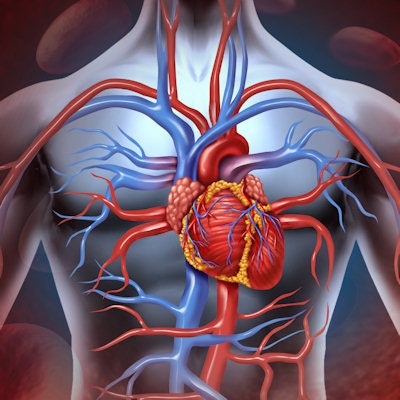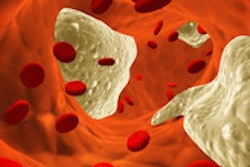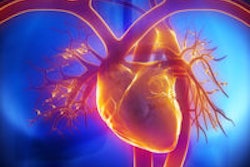
By conducting mental stress tests and monitoring blood pressure and heart rate during an MRI procedure, researchers may have found an activity pattern in the brain that predicts an increased risk for cardiovascular disease, according to proof-of-concept research published August 23 in the Journal of the American Heart Association.
The investigation, led by Peter Gianaros, PhD, a psychology professor at the University of Pittsburgh, could help explain why stress may influence a person's heart health.
The researchers enrolled 157 men and 153 women between the ages of 30 and 51 years as part of the Pittsburgh Imaging Project, an ongoing study of how the brain influences cardiovascular disease risk (J Am Heart Assoc, August 23, 2017).
Participants received negative feedback while they were making time-pressured responses to computer challenges, creating a stressful situation for the study. As expected, the mental stress tests increased blood pressure and heart rate in most of the volunteers, compared with a nonstress baseline period.
With the help of machine-learning technology, the researchers discovered a specific brain activity pattern that reliably predicted the change in subjects' blood pressure and heart rate in response to the mental stress tests. In addition, the brain areas that more strongly predicted stress-related cardiovascular reactions included those known to detect whether environmental information is threatening and that control the heart and blood vessels through the autonomic nervous system.
Gianaros and colleagues noted that the findings may not be applicable to patients with existing heart disease, and that brain imaging does not allow researchers to draw conclusions about causality.
"This kind of work ... does suggest that, in the future, brain imaging might be a useful tool to identify people who are at risk for heart disease or who might be more or less suited for different kinds of interventions, specifically those that might be aimed at reducing levels of stress," Gianaros said in a statement. "It's the people who show the largest stress-related cardiovascular responses who are at the greatest risk for poor cardiovascular health, and understanding the brain mechanisms for this may help to reduce their risk."




















